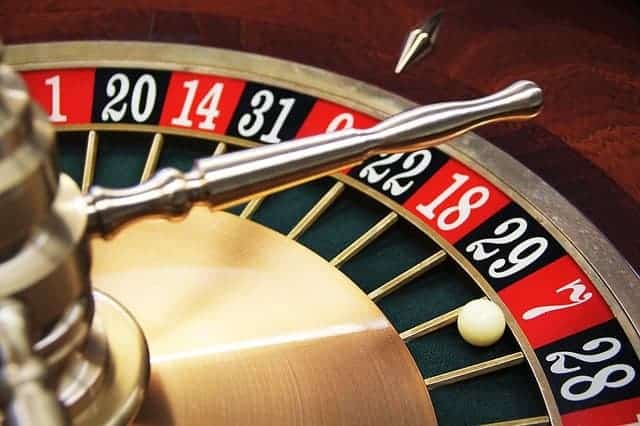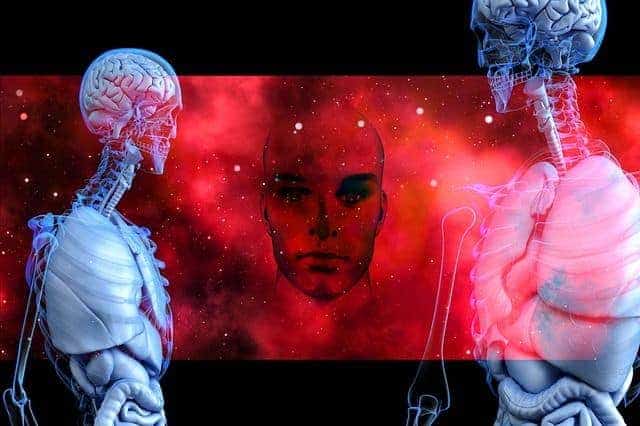
The common conceit of science fiction is that artificial intelligence will eventually kill us all. It will become more intelligent than us and then decide that it no longer needs us to function. Almost every representation of artificial intelligence in movies climaxes in a ‘Terminator’ style scenario; AI becomes sentient, works out how to self-replicate, and declares war on the human race. It’s a doomsday scenario, and we lose. Today, we’d like to imagine another scenario. What happens if artificial intelligence doesn’t turn into a death sentence? What if, instead, it gradually improves our lives and leads the human race into a new golden age? That might not be as exciting an idea if you’re a Hollywood movie producer, but it’s a more comforting thought as AI continues to become more advanced. We state that, as a matter of fact, by the way – artificial intelligence is now progressing at a rate of knots. Some experts believe it will reach the point where it’s equal to human intelligence within ten years. Ignoring the apocalyptic scenarios, we’ve cast our eye over some of the areas we expect AI to be able to assist us with in the next two years, and…
Continue reading










